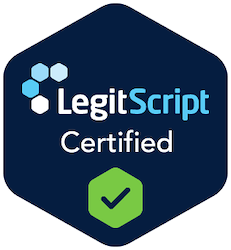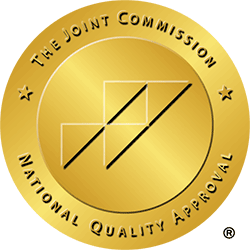When a loved one is struggling with addiction, family and friends often feel powerless to help. Watching someone spiral into harmful behaviors while refusing treatment is heartbreaking. One tool that families may consider is an intervention. But what exactly is an intervention, and does it always have to be a surprise like we often see on television?
WHAT IS AN INTERVENTION?
An intervention is a carefully planned conversation where loved ones confront an individual about their substance use and encourage them to seek treatment. It is not about blame or shame. Instead, it is about expressing concern, setting boundaries, and providing clear options for support.
The goal of an intervention is to help the individual recognize how their addiction impacts not only themselves but also the people around them. It provides a structured moment of clarity and an opportunity to guide them toward professional help.
DOES IT HAVE TO BE A SURPRISE?
While interventions are often portrayed as surprise gatherings, they do not always have to be that way. In fact, some professionals recommend a more open and collaborative approach, depending on the situation.
Surprise Interventions
Surprise interventions may be appropriate if the person has consistently refused help, is in denial, or has avoided serious conversations about their substance use. The element of surprise ensures they cannot avoid hearing concerns and options for treatment.
Planned Conversations
In other cases, a scheduled intervention may be more effective. This approach gives the person some notice and an opportunity to prepare emotionally. For some individuals, knowing that loved ones want to have a serious, respectful conversation can reduce defensiveness and make them more receptive.
THE ROLE OF A PROFESSIONAL
Whether planned or a surprise, interventions are most successful when guided by a trained professional. Interventionists or addiction counselors can help families:
-
Plan what to say and how to say it.
-
Keep the conversation focused and calm.
-
Provide immediate access to treatment options if the person agrees to go.
At BriteLife Recovery, families can connect with professionals who support interventions and help transition individuals into detox and residential programs when they say yes to treatment.
TIPS FOR A SUCCESSFUL INTERVENTION
-
Focus on love and concern, not anger.
-
Be specific about how addiction has affected the family.
-
Offer a clear treatment plan rather than vague suggestions.
-
Set boundaries and stick to them if the person refuses help.
An intervention is a powerful tool that can help a loved one move toward recovery. While surprise interventions may be effective in some cases, they are not always the only option. With the right planning, professional support, and compassionate communication, families can encourage their loved one to accept help. BriteLife Recovery provides programs and guidance to support individuals and families at every step of the journey.



